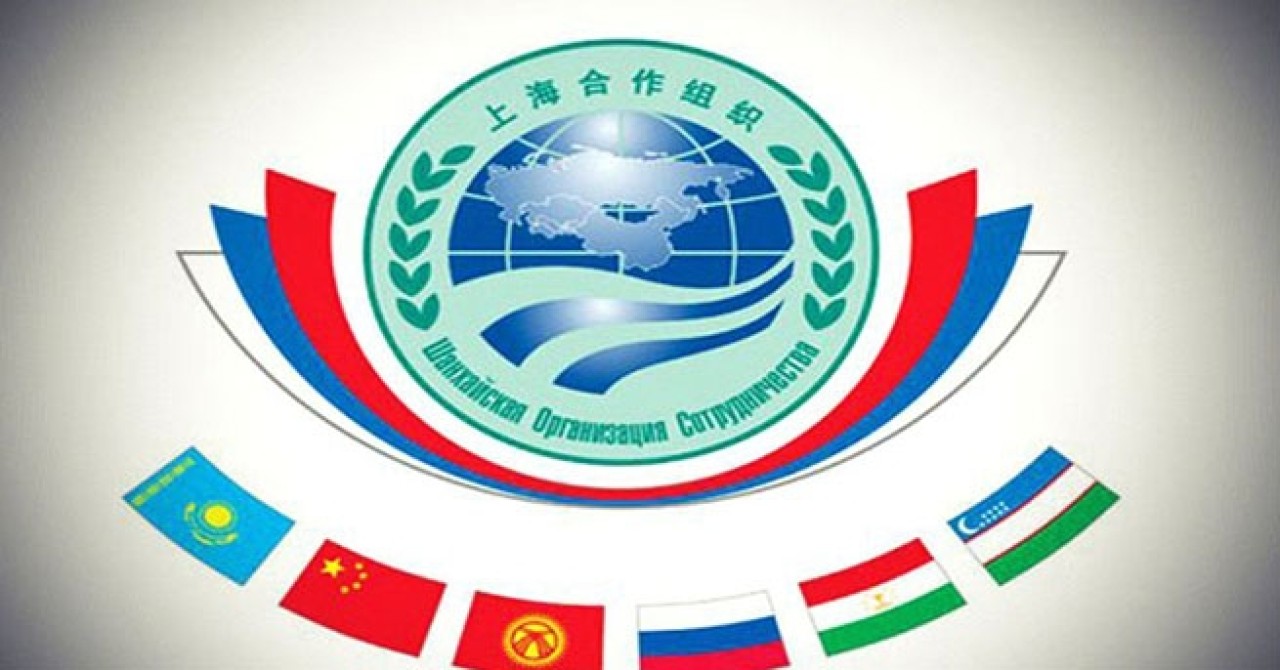
Shanghai Cooperation Organization Gains Critical Weight in New Global Alignments
Shanghai Cooperation Organization Gains Critical Weight in New Global Alignments
The Shanghai Cooperation Organization (SCO), led by China and Russia, is emerging as a critical center of gravity in shifting global alliances and alignments under the new administration of U.S. President Donald Trump.
The 25th Meeting of the SCO Council of Heads of State will be held this year in Tianjin, China.
In addition to the leaders of Russia, Kazakhstan, Kyrgyzstan, Tajikistan, Uzbekistan, India, Pakistan, Iran, and Belarus, as well as observer member Mongolia, Turkish President Recep Tayyip Erdoğan will also attend the summit at the invitation of Chinese President Xi Jinping.
The gathering will be the broadest SCO Summit to date, with leaders from more than 20 member, observer, dialogue partner, and guest countries, alongside representatives from over 10 international organizations.
At a time when President Trump’s policies are straining traditional Western alliances, the SCO—driven by China and Russia in Asia—is increasing its geopolitical weight as an alternative bloc.
Beijing sees the SCO Summit as an opportunity to position itself as a pole of global stability against the political and economic uncertainties triggered by Trump’s policies.
A Call for a “Multipolar World”
Established in the aftermath of the Soviet Union’s collapse to strengthen political, economic, and security cooperation across Eurasia, the SCO has expanded its scope of cooperation over time.
The organization was first founded through the Treaty on Deepening Military Trust in Border Regions, signed in Shanghai on April 26, 1996, by Russia, China, Kazakhstan, Kyrgyzstan, and Tajikistan.
The so-called “Shanghai Five” then signed the Treaty on Reduction of Military Forces in Border Regions in Moscow on May 20, 1997. Russian President Boris Yeltsin and Chinese President Jiang Zemin issued a declaration calling for a “multipolar world.”
Subsequent annual summits were held in Almaty (1998), Bishkek (1999), and Dushanbe (2000).
At the 2000 Dushanbe Summit, member states pledged to oppose interventions in other countries’ internal affairs under the pretext of “humanitarian intervention and protection of human rights,” and to safeguard each other’s independence, sovereignty, territorial integrity, and social stability.
Founding of the SCO
At the 2001 Shanghai Summit, Uzbekistan joined as a new member, and on June 15, 2001, the Shanghai Cooperation Organization was officially founded to elevate cooperation.
In 2002, the six leaders met in St. Petersburg and signed the SCO Charter on July 7, defining the organization’s goals, principles, structure, and rules, thereby making it part of international law.
By 2007, the SCO had launched over 20 joint projects in transportation, energy, and telecommunications, while also holding regular consultations on security, defense, foreign affairs, economy, culture, and banking.
India and Pakistan Join
At the July 2015 Ufa Summit in Russia, the membership process for India and Pakistan began. At the 2017 Astana Summit in Kazakhstan, both officially joined, bringing two nuclear-armed rivals into the same organization.
India’s entry also marked the participation of another Asian giant, alongside China and Russia.
Iran was admitted at the 2021 Dushanbe Summit in Tajikistan, and Belarus’s membership was approved at the 2024 Astana Summit in Kazakhstan, raising the number of member states to 10.
Mongolia, along with Afghanistan (whose observer status has been inactive since September 2021), remain observers, while 14 other countries—including Turkey—have become dialogue partners over the years.
Shifting Power Balances and the SCO
From Russia’s illegal annexation of Crimea in 2014 to its war against Ukraine in 2022, the SCO has grown in importance in Eurasia as a forum for security and economic cooperation.
Developments that reignited confrontation between Russia and the West increased Moscow’s need for a security framework in Asia.
Western sanctions on Russia over Crimea and Ukraine pushed Moscow to deepen ties with rising Asian economies such as China and India.
For Russia, the SCO provides a strategic security umbrella in Asia, complementing its efforts to regain influence lost in Europe after the Soviet collapse.
China Sees Eurasia as a Gateway Against Pacific Encirclement
For China, Eurasia holds critical importance as it seeks to diversify transport and infrastructure routes for its industrial exports through the Belt and Road Initiative, launched by President Xi Jinping in Kazakhstan in 2013.
The U.S.–China confrontation began during Trump’s first term as a trade war, escalating with technology restrictions and human rights sanctions, and is now intensifying in Trump’s second term through tariff hikes and geopolitical rivalry.
Taiwan, over which Beijing claims sovereignty, carries the potential for a confrontation between the U.S. and China similar to Russia’s conflict in Ukraine. Meanwhile, maritime disputes in the East and South China Seas limit China’s ability to find reliable partners in the Pacific. This drives Beijing to strengthen its ties with Eurasian countries through the SCO and other platforms for strategic reasons.
Amid Trump’s unilateral tariff hikes aimed at reshaping global trade in America’s favor and his revisionist approach to global politics that strains relations with allies, the SCO Summit provides China with a chance to present itself as a pillar of global stability.